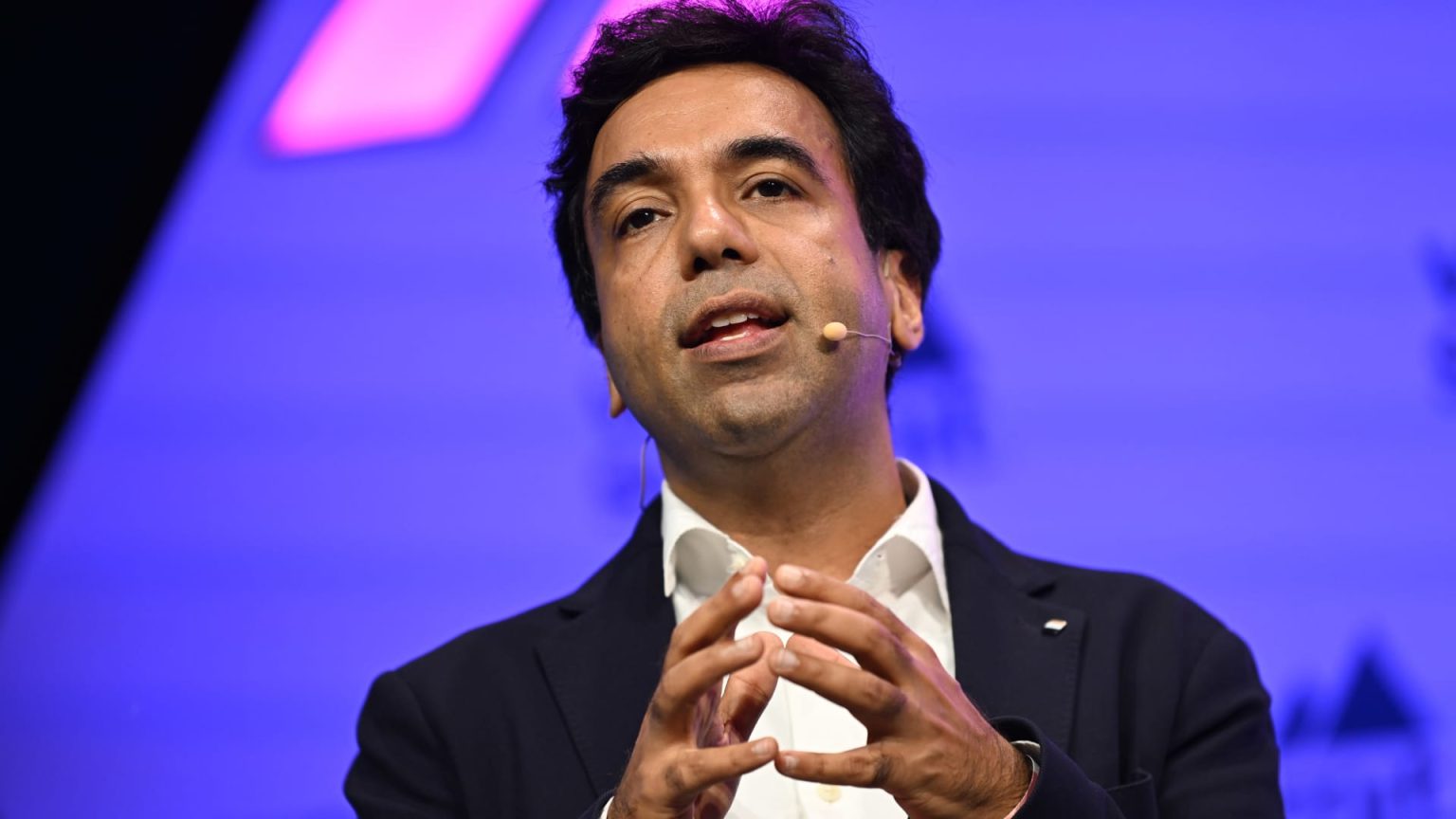Digital bank Starling, a UK-based neobank backed by Goldman Sachs, has announced that it will not re-apply for a European Union banking license. Instead, the company will focus on international expansion through its software business, Engine, which provides other companies with the technology to set up their own digital banks. This decision marks a departure from the approach taken by some of Starling’s rivals in the digital banking space.
Since its inception in 2014, Starling has amassed 4 million customers and was last valued at £2.5 billion. The company has primarily served customers in the UK, offering services such as current accounts and lending. In an effort to expand its reach beyond the UK, Starling had previously pursued an Irish banking license, which would have granted access to the European Union market. However, they withdrew that application in 2022 under new leadership.
Raman Bhatia, the incoming CEO of Starling, outlined the company’s international expansion plans during a recent public appearance. He emphasized the importance of leveraging Starling’s proprietary technology to drive growth in new markets, rather than navigating the challenges of obtaining banking licenses in each country. Bhatia expressed confidence in the potential for international growth, citing opportunities in regions like Thailand and the Middle East.
The Engine platform, which allows other companies to establish their own digital banks, is a key component of Starling’s international strategy. Unlike many neobanks that focus solely on consumer-facing apps and services, Starling is positioning itself as a technology provider to traditional banks looking to digitalize their offerings. Salt Bank in Romania and AMP in Australia are among the first customers to adopt the Engine platform.
Bhatia reiterated his commitment to expanding Starling’s presence in the enterprise software space and highlighted the company’s ambition to capture market share through the Engine strategy. By selling its technology to other banks, Starling aims to establish itself as a leader in the digital banking ecosystem. The decision to pivot towards software-driven international expansion reflects a strategic shift in the company’s approach to global growth.


